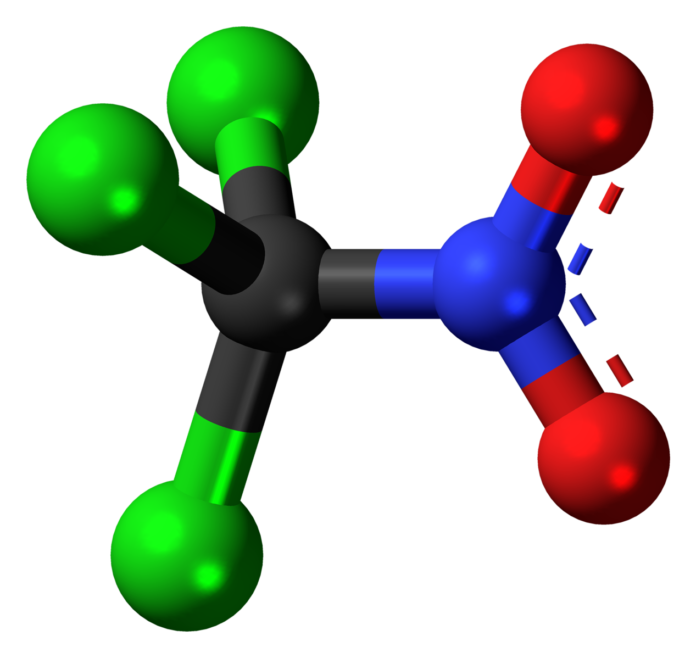
Yesterday, the United States formally accused Russia of breaching the international chemical weapons prohibition by utilizing chloropicrin against Ukrainian forces, as well as employing riot control agents in combat scenarios in Ukraine. The State Department detailed these violations in a stern announcement, stressing that these actions are part of a consistent pattern of behavior by Russian forces aimed at dislodging Ukrainian troops from entrenched positions for tactical battlefield advantages.
Chloropicrin, originally used during World War I as a chemical warfare agent, is now primarily employed in agriculture but remains banned in military operations under the Chemical Weapons Convention (CWC). The U.S. has highlighted its use, along with CS and CN gases—commonly known as tear gases—in recent conflicts, marking a serious escalation in the ongoing conflict with Ukraine. Reports indicate that these chemical agents have led to significant health repercussions among Ukrainian soldiers, including one reported fatality due to suffocation from tear gas exposure.
The U.S. response includes a series of sanctions targeting three Russian state entities believed to be connected to the country’s chemical and biological weapons programs. Additionally, four Russian companies that support these entities have been sanctioned. These measures aim to freeze any U.S. assets held by these organizations and generally prohibit Americans from engaging in business with them. Further actions by the U.S. Treasury have also imposed sanctions on entities and individuals involved in procuring items for Russian military institutes that partake in these programs.
This announcement is part of broader punitive measures unveiled by the United States, which come in response to Russia’s full-scale invasion of Ukraine initiated in 2022. The sanctions extend beyond the immediate conflict, affecting companies and individuals across multiple countries that have supported Russia’s military actions.
The use of chemical weapons, as cited by the U.S., aligns with earlier instances of alleged Russian misconduct on the international stage, such as the poisonings of Kremlin critics Alexei Navalny and Sergei and Yulia Skripal with Novichok nerve agents. These incidents had previously drawn global condemnation and resulted in a series of international sanctions against Russia.
In reinforcing its stance, the State Department referenced the Chemical Weapons Convention, a global treaty effective since 1997 that prohibits the production, stockpiling, and use of chemical weapons. The treaty mandates that its 193 signatory countries, which include both Russia and the U.S., must declare and destroy their stocks of prohibited chemical substances.
Amidst these developments, the OPCW (Organization for the Prohibition of Chemical Weapons), though noted for its role in monitoring compliance with the CWC, has not yet been formally requested to investigate these specific allegations. The ongoing conflict sees both Russian and Ukrainian officials trading accusations of chemical weapon use, complicating the international community’s response to these serious allegations.
As tensions continue to escalate, the U.S. remains vigilant in its monitoring and punitive actions, aiming to uphold international law and deter further use of prohibited weapons in the conflict. This situation accentuates the complex and dangerous dynamics of modern warfare, where adherence to international norms is tested amidst the fog of war.
Image is licensed under the Creative Commons CC0 1.0 Universal Public Domain Dedication and was created by Jynto.
Carbon, C: black, Oxygen, O: red, Nitrogen, N: blue, Chlorine, Cl: green








